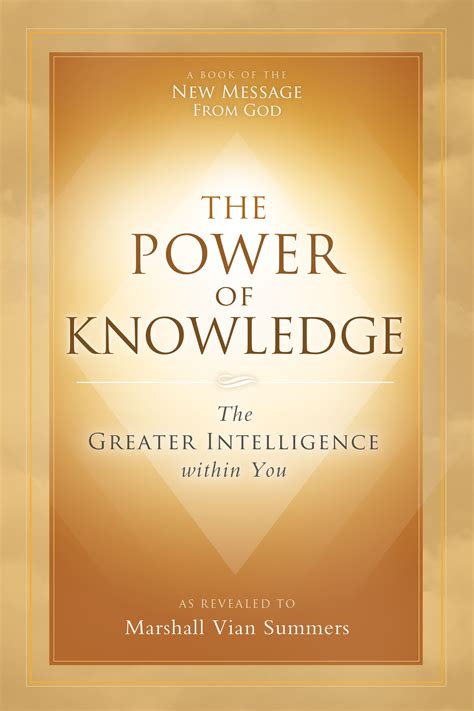A Quote by John C. Bogle
Rely on the ordinary virtues that intelligent, balanced human beings have relied on for centuries: common sense, thrift, realistic expectations, patience, and perseverance.
Related Quotes
Mathematics is often erroneously referred to as the science of common sense. Actually, it may transcend common sense and go beyond either imagination or intuition. It has become a very strange and perhaps frightening subject from the ordinary point of view, but anyone who penetrates into it will find a veritable fairyland, a fairyland which is strange, but makes sense, if not common sense.
If we human beings rely only on material development, we can’t be sure of a positive outcome. Employing technology motivated by anger and hatred is likely to be destructive. It will only be beneficial if we seek the welfare of all beings. Human beings are the only species with the potential to destroy the world. Because of the risks of unrestrained desire and greed we need to cultivate contentment and simplicity.
Republics demanded virtue. Monarchies could rely on coercion and "dazzling splendor" to suppress self-interest or factions; republics relied on the goodness of the people to put aside private interest for public good. The imperatives of virtue attached all sorts of desiderata to the republican citizen: simplicity, frugality, sobriety, simple manners, Christian benevolence, duty to the polity. Republics called on other virtues--spiritedness, courage--to protect the polity from external threats. Tyrants kept standing armies; republics relied on free yeomen, defending their own land.


































